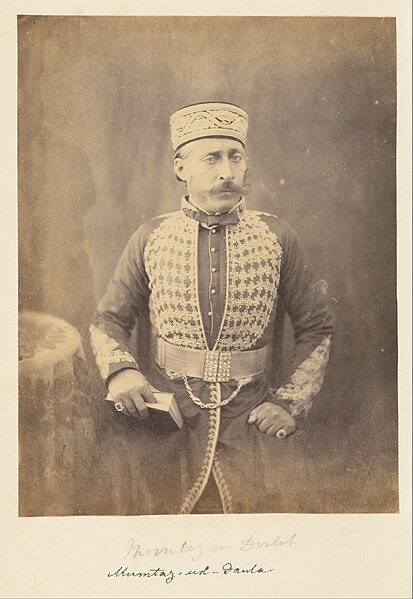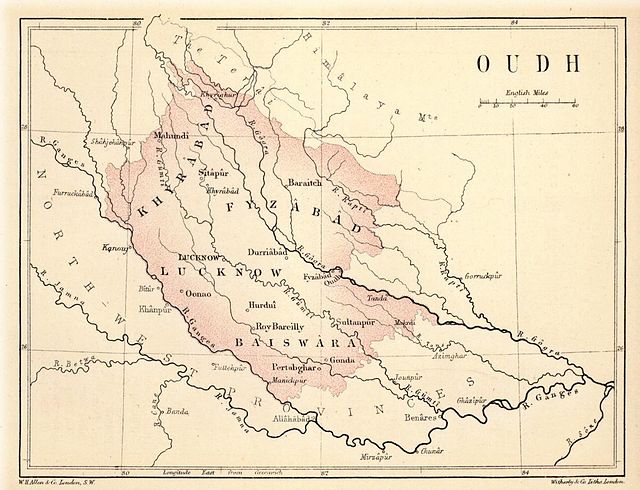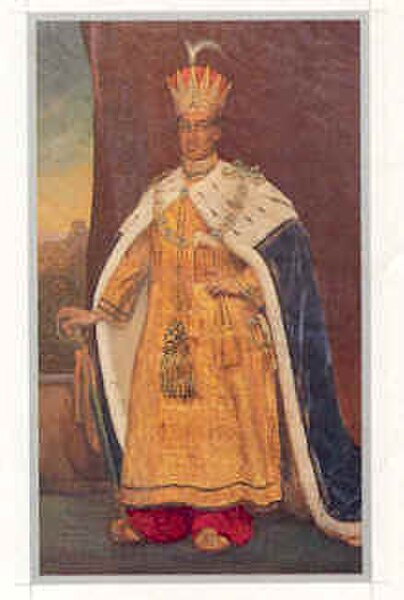Infinite photos and videos for every Wiki article ·
Find something interesting to watch in seconds
Celebrities
Wars and Battles
Animals
Tallest Buildings
Best Campuses
Largest Palaces
British Monarchs
Great Museums
World Banknotes
Largest Empires
Richest US Counties
Recovered Treasures
History by Country
Ancient Marvels
Kings of France
Countries of the World
Sports
Great Cities
Presidents
Famous Castles
Crown Jewels
Supercars
Rare Coins
Great Artists
Wonders of Nature
Orders and Medals
more top lists








